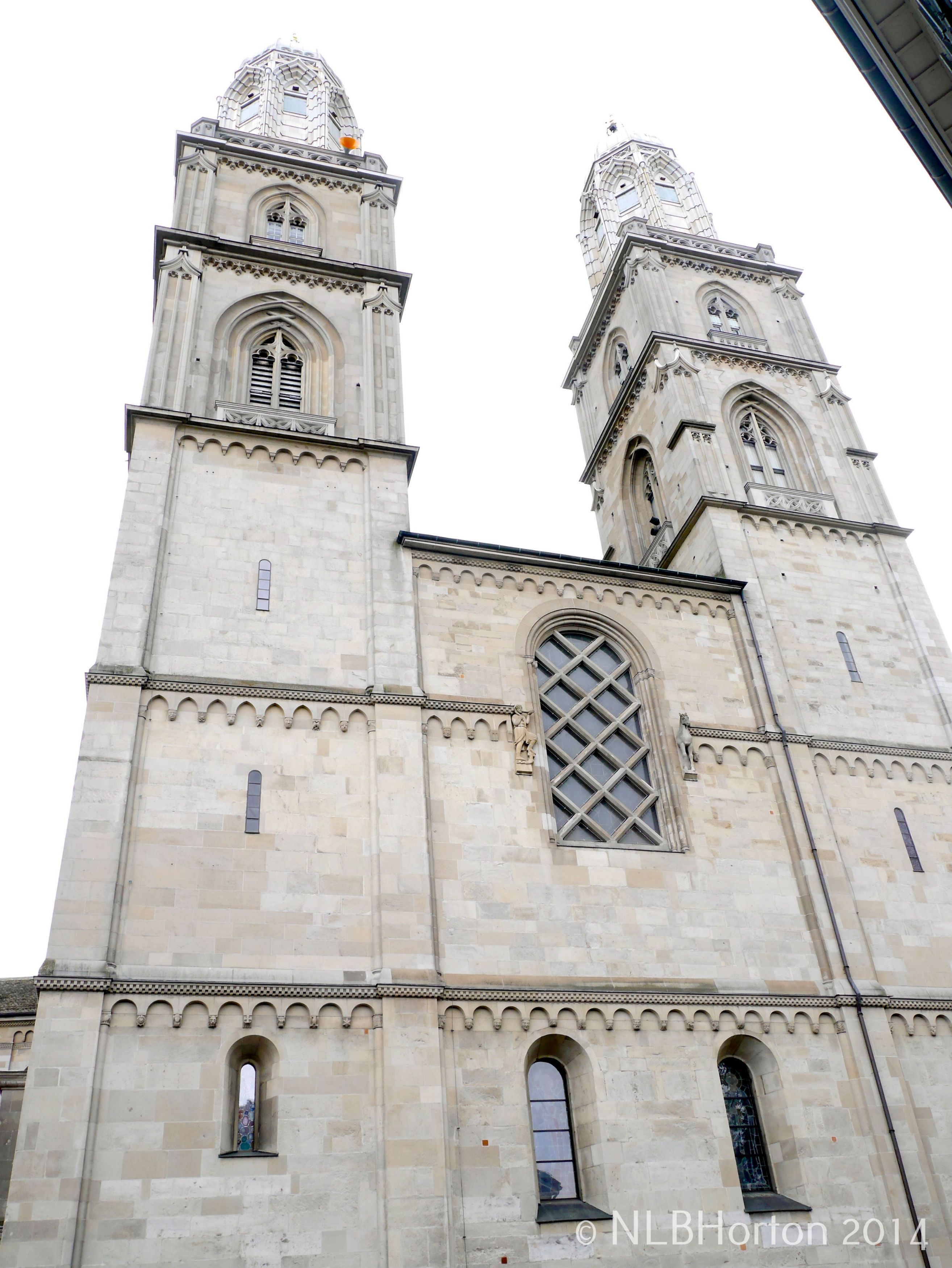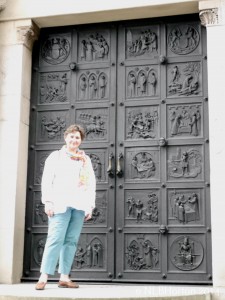The Protestant Reformation
I’ve just begun sharing photos on Facebook of settings from The Brothers’ Keepers (click here for the book on Amazon), and think bits and pieces of the posts would be interesting blog topics. Since I write international suspense, these photos are from spots around the globe. Since I write with a Christian worldview, the locations also have significance to my faith.
 This week, the photos (click here for a link to my Facebook page) are from Switzerland, an important center of learning that contributed a good bit to the Protestant Reformation. (Calvin, generally viewed as founder of the Presbyterian denomination, and Zwingli, another prominent Reformist, were Swiss.) As we approach the Christmas season in the midst of the release of this new book, I’m re-evaluating the Reformation as it relates to Christmas and seeing parallels I’ve never noticed before.
This week, the photos (click here for a link to my Facebook page) are from Switzerland, an important center of learning that contributed a good bit to the Protestant Reformation. (Calvin, generally viewed as founder of the Presbyterian denomination, and Zwingli, another prominent Reformist, were Swiss.) As we approach the Christmas season in the midst of the release of this new book, I’m re-evaluating the Reformation as it relates to Christmas and seeing parallels I’ve never noticed before.
For instance, scholars recognize that the expansion of Christianity relied on the excellent Roman road system. Think about it: the Apostle Paul’s missionary journeys were, in no small part, possible because of the roads and trade routes established and well maintained by the Romans. (It’s interesting to note that before Paul’s time, the Romans and Greeks were locked in wars that determined world domination. Had the Greeks won, those roads and trade routes would have looked very different.)
In a similar manner, the Reformation helped spread the news of Christianity. The Reformation occurred right after Gutenburg’s invention of the printing press. Combine the printing press with the emancipation of the Bible from academic Greek, Hebrew, and Latin, and scripture was “freed” by being translated and distributed in languages everyone could understand.
Reformation occurred right after Gutenburg’s invention of the printing press. Combine the printing press with the emancipation of the Bible from academic Greek, Hebrew, and Latin, and scripture was “freed” by being translated and distributed in languages everyone could understand.
The news of Christ becomes more important during the Christmas season and reaches its climax at Easter, when His sacrifice became the bridge between a perfect God and all of humankind. The Reformation was a critical development in bringing the faith to the people for whom it is intended. It was a sieve through which understanding could be shared by individuals, without an entity (a church) standing between the person and his or her God.
Our faith is an individual faith, and we are united in community. I pray that we embrace it and each other as we approach Christmas.
(The top photo is of the Grossmunster in Zurich, Zwingli’s church. The second is of me in front of Otto Munsch’s monumental bronze doors of that church, which depict scenes from the Reformation.)